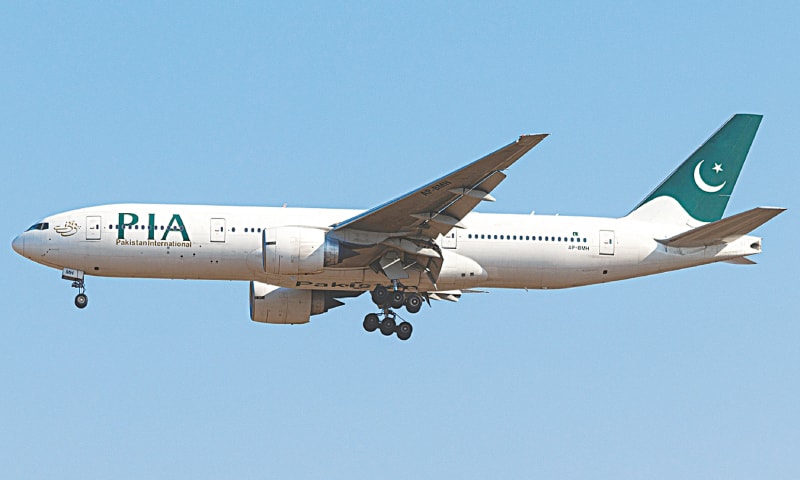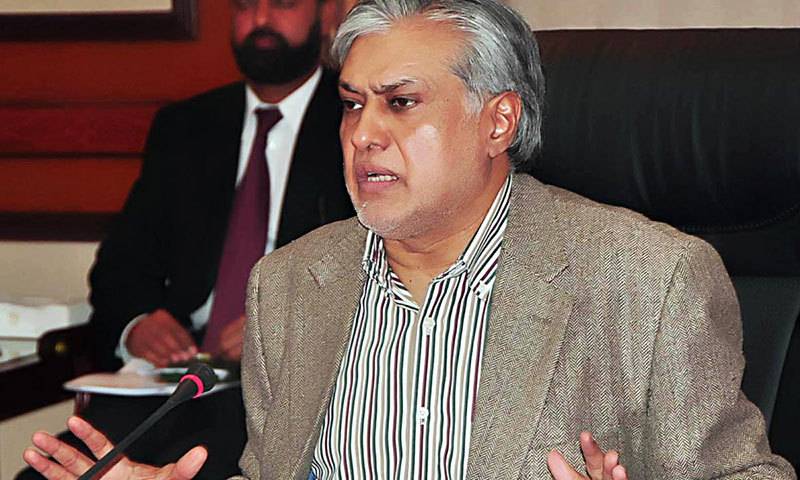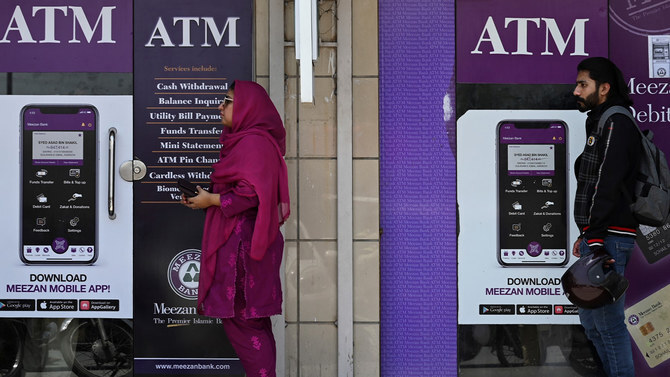PTBP Web Desk
The Federal Board of Revenue (FBR) has transferred two senior officials from Karachi to Islamabad, a move that has sparked concerns over the continuity of high-profile investigations into benami transactions and money laundering involving trillions of rupees in imported vehicles.
While FBR sources have described the transfers as routine administrative changes, the circumstances and timing have raised questions about possible interference in investigations targeting powerful commercial lobbies within Pakistan’s vehicle import sector.
The two officials are Abdul Hameed Abro, Commissioner (Ops) Inland Revenue, Benami Zone-III, Karachi, and Sheeraz Ahmad, Director of Post Clearance Audit (PCA) South. Both were leading separate but significant investigations into alleged misuse of import schemes and possible illegal money transfer networks.
Abdul Hameed Abro was at the forefront of a major crackdown on the misuse of the Vehicle Baggage and Gift Scheme (VB&GS). This scheme, intended for genuine personal imports, has reportedly been exploited by commercial importers using clearing agents and allegedly enjoying support from certain customs officials.
In a verified social media post following his transfer, Abro suggested that his removal from Karachi was a direct consequence of taking action against powerful lobbies.
“When I took action against benami transactions and the misuse of baggage and gift schemes in the vehicle imports, it caused trouble to the powerful lobbies,” he wrote. “My only ‘fault’ was that I enforced the law and protected the national treasury. As a result, I was transferred from Karachi to Islamabad.”
Abro defended his actions as being in the national interest, claiming they aimed to prevent billions in losses to the treasury through fake documentation and scheme misuse.
“I can be removed, but I cannot be defeated! I simply did my duty — and wherever I may be, this journey will continue,” he added.
The Benami Zone-III investigation under Abro’s leadership covered vehicle clearances conducted between February 2018 and May 2025. The inquiry focused on the systematic abuse of the VB&GS, demanding detailed documentation from suspected parties, including:
- Complete import records and customs declarations.
- True ownership details with full identification.
- Information on all transaction parties.
- Copies of agreements and contracts.
- Bank statements covering the entire seven-year investigation period.
Authorities suspect that many imports under the scheme were fronted by unrelated individuals while the real beneficiaries remained concealed, evading taxes and duties.
The second official transferred, Sheeraz Ahmad, was leading an audit into Pakistan’s much-publicised “Faceless Customs Assessment (FCA)” system. Marketed as a corruption-free clearance process, the system was found to have significant flaws.
Under Ahmad’s supervision, the Post Clearance Audit (PCA) revealed:
- Widespread under-invoicing of luxury vehicles.
- Lack of legitimate proof for foreign currency payments.
- Strong indications of using hawala and hundi networks for payments.
“Importers consistently failed to provide proof of payments substantiating that purchases of imported vehicles were made through legitimate remittances originating from foreign countries.”
Investigators found that actual purchase prices abroad were being paid via illegal money transfer channels, while minimal amounts were declared to Pakistani customs to avoid duties and taxes.
The PCA audit estimated around Rs 38 billion in revenue leakage after the FCA system was implemented. Technical flaws, combined with weak oversight, allowed importers to manipulate the system to their advantage.
These findings, like the benami probe, implicated influential business networks that allegedly benefited from loopholes in Pakistan’s import regulations.
Although FBR officials insist the transfers are part of routine postings, critics fear the move could stall or derail both investigations. The sudden reassignment of officials mid-investigation has raised doubts about whether the same momentum will be maintained by their successors.
Given the scale of alleged fraud — involving trillions of rupees, illegal remittances, and systemic corruption — anti-corruption advocates have urged FBR to ensure the probes remain active and transparent.
The controversy has also sparked debate on social media, where users have questioned why officials who expose corruption are often transferred instead of supported. Some argue that without strong institutional backing, investigations into high-profile financial crimes risk being shelved indefinitely.




